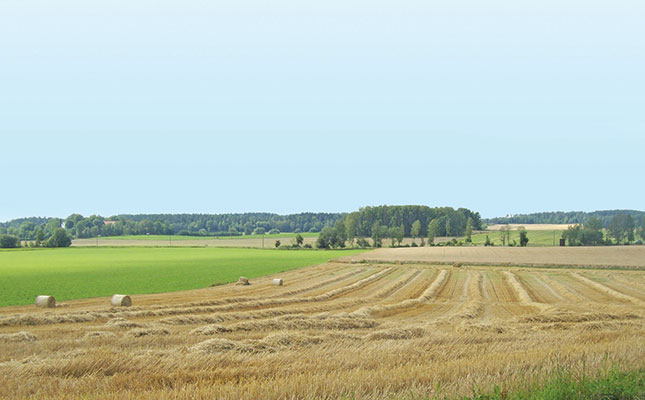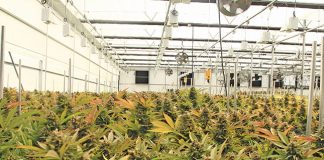
Photo: FW Archive
Free State Agriculture (FSA) remains vehemently opposed to certain clauses in the Expropriation Bill and seriously questions government’s sincerity with regard to the issue of land expropriation and ownership, according to Francois Wilken, FSA president.
Following the recent publication of government’s land policy, he said the new Expropriation Bill posed a real threat to all South Africans’ rights to own property.
“It is important to understand that the stated aims of the new Expropriation Bill are to allow the state to target and expropriate any property without compensation. In other words, through this legislation, government does not seek to expand property rights, it seeks to limit it.”
According to Wilken, government did not need the Expropriation Bill in its current format to expand the base of private land ownership in South Africa.
If broad land ownership was a priority for government, it needed to start a process of transferring the ownership of the 5 300 state-owned farms to previously disadvantaged individual beneficiaries, he said.
Wilken said the Expropriation Bill would not address these challenges, it would merely destroy the rights of the rightful landowners, and the livelihoods of farmworkers and rural communities in general.
FSA was therefore preparing a full report to serve as the organisation’s response to governments call for comments on the Expropriation Bill.
“FSA believes that property rights should be expanded to all South Africans. The Expropriation Bill will limit, if not destroy, this right that’s central to job creation and economic growth,” Wilken stressed.
Dr John Purchase, CEO of Agbiz, meanwhile said he did not know of any instance elsewhere in the world where expropriation without compensation was successfully implemented, and quoted Zimbabwe, Venezuela and Nazi Germany as examples where it led to large-scale ruin.
Although expropriation legislation was vital for any country, the lack of compensation as proposed in South Africa was extremely problematic.
However, the existing legislation was extremely outdated and did not adhere to the requirements of the Constitution. It allowed the state much more power than the proposed Expropriation Bill, and contained far fewer procedural checks and balances, he said.
“We do need an updated legal framework for the issue of expropriation, but we cannot and will not support any legislation that calls for expropriation without compensation. South Africa simply can’t afford it.”
Written input from members of the public on the Expropriation Bill can be submitted until 10 February.
FSA consequently urged all concerned citizens to “make their voices heard against the Bill”. FSA created a portal on its website where the public can register their opposition: vrystaatlandbou.co.za.











